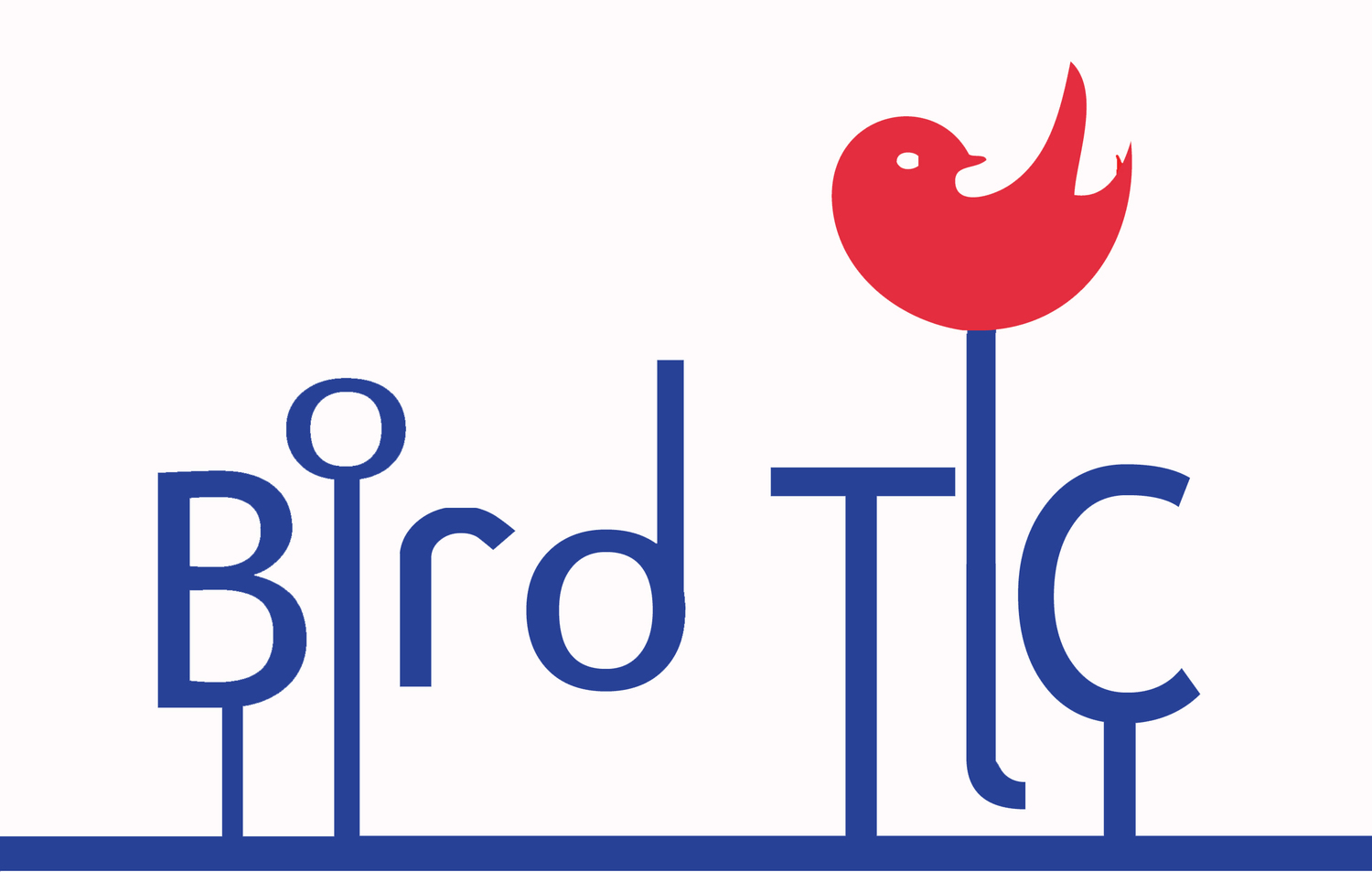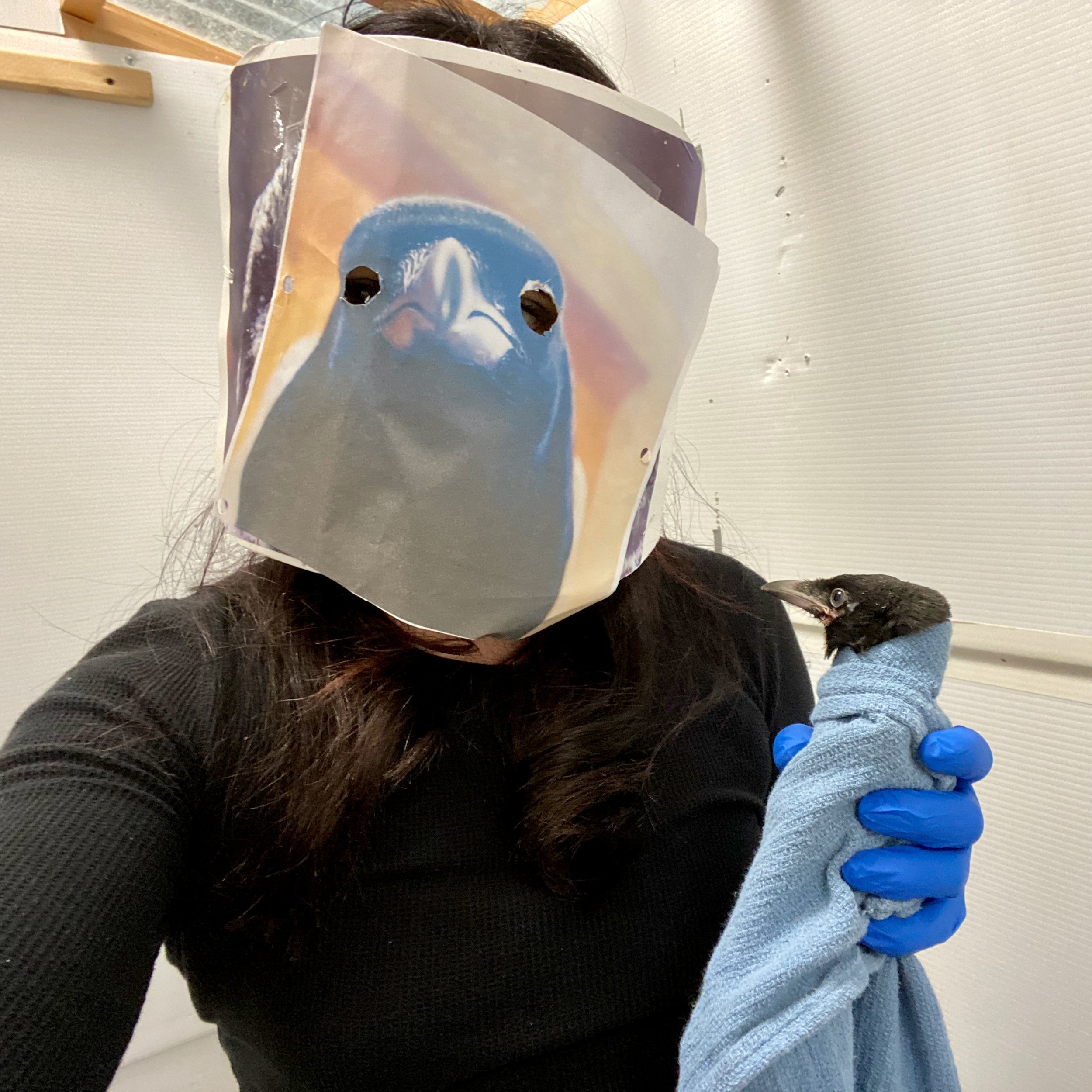It’s summer and that means many Good Samaritans are calling about an all-too-common situation that appears worrisome but is typically not a cause for concern: young birds, called fledglings, on the ground, making their first attempts at learning how to fly.
This period when fledglings are "grounded" is a natural part of the growing-up process. Sometimes fledglings will be grounded for a week or longer while trying to learn the ropes. Meanwhile, the parents remain nearby, keeping a watchful eye and tending to their young when needed.
One common bird you might encounter as a fledging is a Black-billed Magpie. Magpies are omnivores that nest in trees, forage on the ground, and are found throughout open woodlands across the state. They frequent urban, human-developed areas because of the excellent foraging opportunities these areas provide. It is common to come across adults and fledglings throughout the trails and city of Anchorage. You can read more details about Black-billed Magpies, including their species range and how to identify them, here.
Several magpie fledglings have come into the clinic this summer. When caring for these fledglings, we must ensure they do not imprint on us. Imprinting occurs when a young bird is exposed to humans at a crucial age while learning how to be a bird. When wild birds imprint on humans, they look to humans for food, care, and social bonding since they no longer think of themselves as birds.
Rehabilitation Assistant, Katie Thorman, feeds a fledgling magpie.
The unfortunate result of imprinting is that the bird's chance of surviving in the wild is significantly reduced.
Magpies and other corvids, such as ravens and Steller's Jays, rely on social connections and bonds with other birds, so they are more susceptible than other bird species to imprinting on humans.
Bird TLC's Ambassador and social media darling, Shavila, is a magpie that we could not release back into the wild because she had imprinted on humans. Because she is imprinted, she is comfortable living her life under human care. Shavila still has many magpie traits - she is chatty, smart, inquisitive, and excellent at caching.
When Shavila came to Bird TLC, she had the blue eyes that all young magpies have.
The best chance of long-term survival for fledglings is to learn how to be a bird from their parents. Humans should only get involved if a fledgling has been orphaned or injured.
You can help keep wild baby birds stay wild by waiting and watching from a distance to see if parents are coming to care for them. If you don't see parents in the immediate area, you can approach the fledgling and see if parents suddenly appear, letting you know they would like you to back away. If the parents are tending to the grounded fledgling, then all is good, and there is no reason for the fledgling to come into human care.



